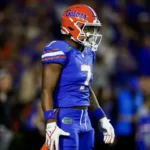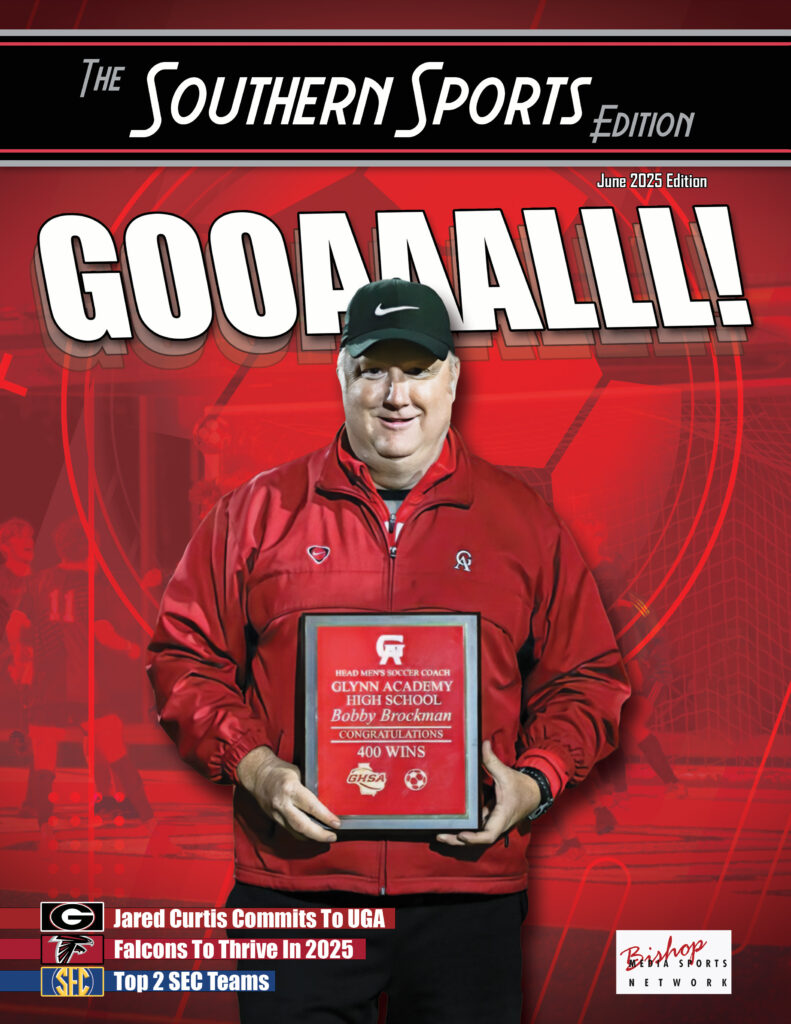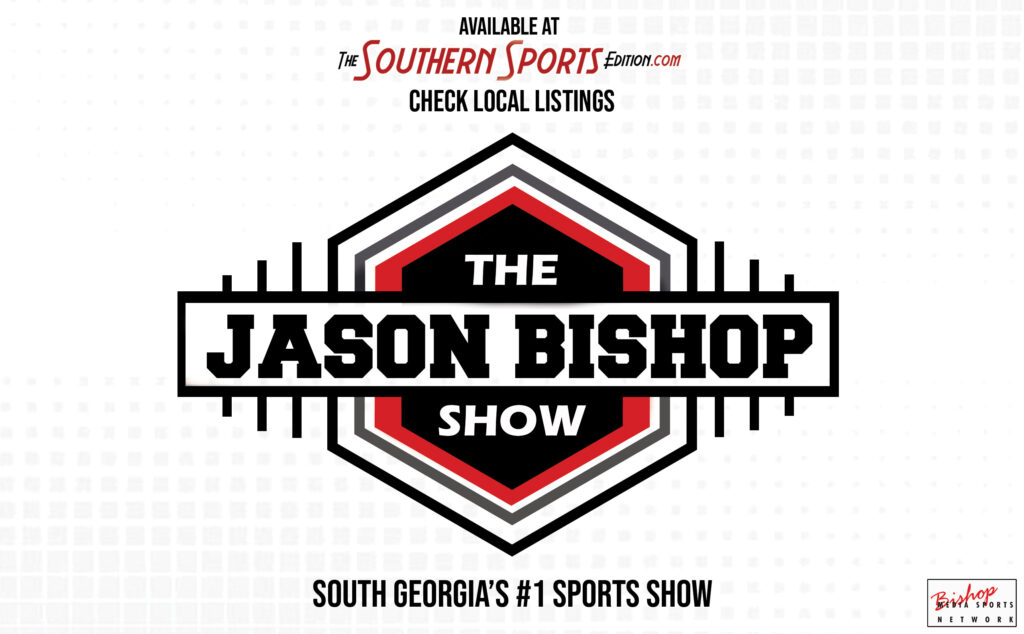College Football Free Agency Supported By Legal System
The Amateurs
 By: Robert Craft
By: Robert Craft
TheSouthernSportsEdition.com news services
The NCAA’s amateur model is crumbling right before our eyes.
The free agency market for college athletes is taking shape.
The preliminary injunction against the NCAA that will prevent the association from prohibiting athletes from negotiating NIL compensation with collectives and boosters – shouldn’t even be considered momentous. It should be considered obvious and overdue.
This is a landmark ruling in college sports, and this ruling is in effect and largely consequential because an entire industry has been conditioned for decades to believe that it’s against NCAA rules for athletes to be able to gauge the true value of their labor like any other American.
Now, Judge Clifton L. Corker, ruling in the NIL lawsuit filed by the attorneys general of Tennessee and Virginia, is signaling that the NCAA’s suppression of a free market – at least as it pertains to NIL – is on the wrong side of the law.
“Without the give and take of a free market, student-athletes simply have no knowledge of their true NIL value,” Corker wrote in his decision. “It is this suppression of negotiating leverage and the consequential lack of knowledge that harms student-athletes.”
The court ordered that the NCAA and “all persons in active concert or participation with the NCAA” are restrained from enforcing the interim NIL policy, NCAA bylaws or any other authority that prohibits athletes from negotiating NIL compensation.
God forbid a college athlete, like the rest of us, can gauge what he/she is worth on the open market before they make life changing decisions about their future.
It’s another loss for the wigs and suits and the NCAA, and a massive one.
Athletes shouldn’t have been brainwashed to the point where news like this is celebrated. This needs to be normal. It is a good step in the right direction from a business ethics standpoint.
However, the athletes’ free market model needs to expand to further benefit the people who make the NCAA what it is.
What this decision represents is the continued demise of the NCAA’s amateurism model.
Here is what will take hold: another much-needed step toward the formation of a long-overdue free market for the athletes.
Athletes also need the ability to gauge how large of a slice of the enormous broadcast rights pies they deserve. They need to be empowered to collectively bargain with schools, leagues or the College Football Playoff on any number of issues related to compensation, health, welfare matters and much more.
The fact that 10 FBS commissioners engaged in a nearly nine-hour College Football Playoff meeting Wednesday and broached the possibility of expanding the newly expanded 12-team tournament to 14 teams without a peep of input from athletes tells you how far college sports still needs to go.
But change is coming. Considering the pace of change in 2024 alone, it’s coming fast.
Time will tell how the case plays out. In the meantime, we are now witnessing, in real-time, the NCAA’s amateur model crumbling. And we’re seeing the college athlete free market take shape, a change as obvious as it is overdue.




